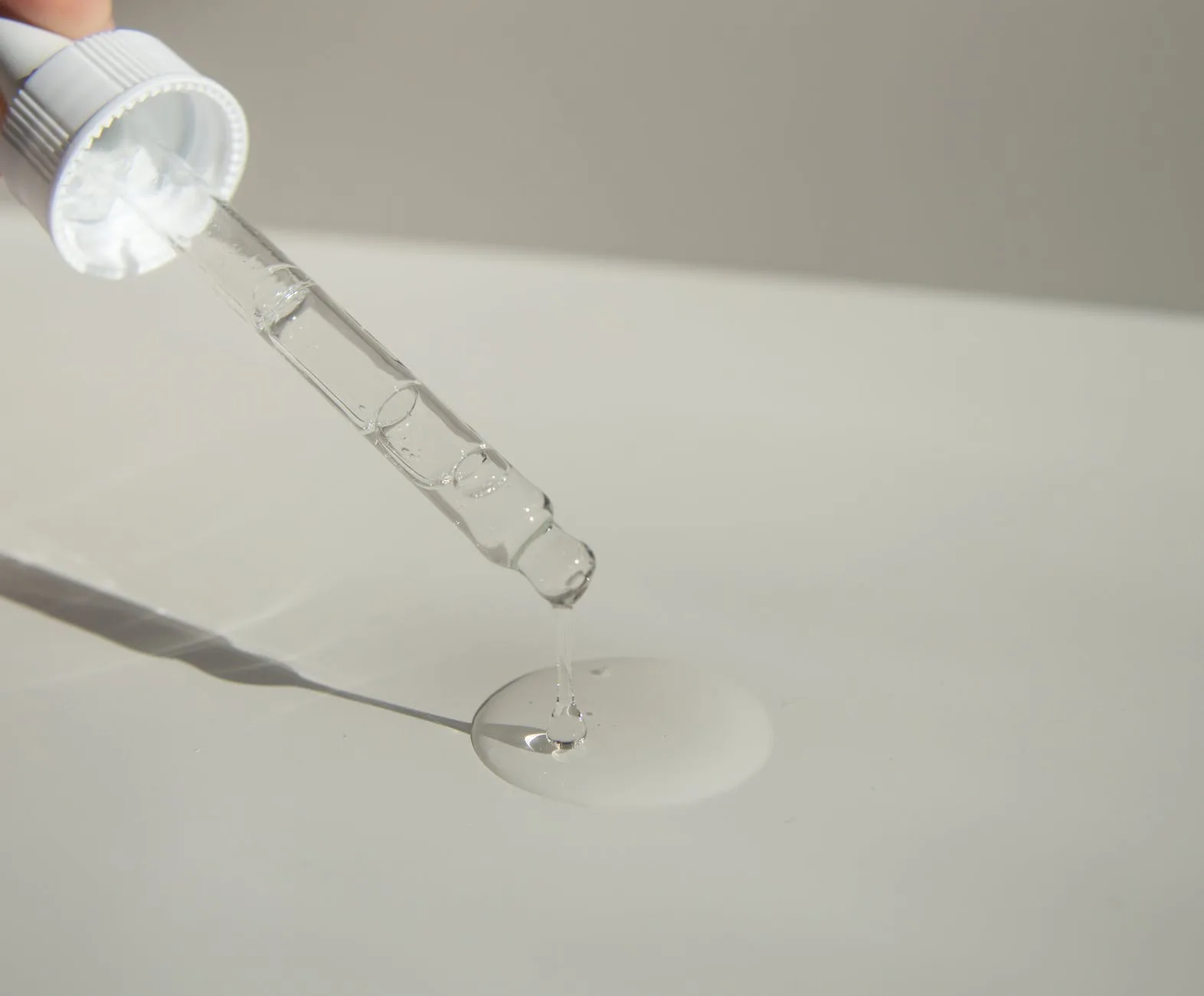Welcome to this section of our comprehensive guide on aromatherapy. Here, we will dive into the multitude of ways aromatherapy can impact both the body and mind, backed by scientific studies.
Aromatherapy is an ancient practice that uses aromatic essential oils to improve overall well-being. It offers various benefits like reducing stress, enhancing mood, relieving pain, and boosting cognitive functions. We will explore how essential oils can affect the body, including the nervous and immune systems, hormones, and pain relief. We will also delve into how aromatherapy can help manage stress, improve sleep, and enhance cognitive function.
By providing a scientific perspective and research, we aim to offer a comprehensive understanding of aromatherapy. We will also provide practical guidelines for selecting and using the right essential oils. Join us on this journey to discover the world of aromatherapy and its many benefits.
Physiological Effects on the Body
Aromatherapy, through the use of essential oils, has a profound impact on the body’s physiological functions.
• Impact on the Nervous System
Essential oils can influence the central nervous system, helping to reduce stress, alleviate anxiety, and enhance mood. They can trigger responses in the brain that lead to an increased sense of well-being.
• Effects on the Immune System
Some essential oils have properties that may enhance the immune system, providing support against common illnesses and infections. They can help to create a protective barrier against pathogens when used in diffusers or applied topically.
• Influence on Hormones
Aromatherapy can also play a role in balancing hormones. Certain essential oils may influence the production and regulation of hormones, helping to maintain equilibrium in the body’s endocrine system.
• Pain Relief and Muscle Relaxation
Essential oils can provide relief from pain and contribute to muscle relaxation. They can be massaged into the skin, providing direct relief to areas of discomfort, or used in aromatherapy massages to promote overall relaxation and alleviate tension.
In summary, aromatherapy offers various physiological benefits, influencing the nervous system, immune system, hormonal balance, and providing pain relief and muscle relaxation.
Psychological and Emotional Effects
Aromatherapy plays a significant role in enhancing psychological and emotional well-being. The aromatic compounds from essential oils can have profound effects on the brain, influencing mood, cognitive function, and overall mental health.
• Stress Reduction and Management
Essential oils are widely recognized for their ability to reduce stress and induce a sense of calm. Lavender, for example, is renowned for its soothing properties and is often used to alleviate stress and promote relaxation. Aromatherapy can be a helpful tool in stress management, providing a natural and holistic approach to finding balance and calm in hectic times.
• Enhancing Mood and Emotional Well-being
Aromatherapy can uplift the spirits and enhance mood. Citrus oils, such as lemon and orange, are known for their stimulating and mood-boosting properties. Regular use of these oils can contribute to improved emotional resilience and a more positive outlook on life.
• Improving Sleep Quality
Many people turn to aromatherapy as a natural remedy for sleep disturbances. Essential oils like lavender and chamomile are popular choices for promoting a restful night’s sleep, helping to quiet the mind and prepare the body for rest.
• Cognitive Function Enhancement
Some essential oils have been found to enhance cognitive function, improve concentration, and boost memory. Rosemary oil, in particular, has been associated with improved cognitive performance, making aromatherapy a potential tool for boosting brain function.
In summary, aromatherapy offers a range of psychological and emotional benefits, from reducing stress and enhancing mood to improving sleep quality and cognitive function. By incorporating aromatherapy into daily routines, individuals can harness these benefits for improved mental health and well-being.
Anecdotal evidence and personal testimonies play a significant role in the world of aromatherapy, often serving as the catalyst for individuals to explore the benefits of essential oils. These personal stories and experiences provide insight into the diverse ways in which aromatherapy can positively impact one’s life.
• Commonly Reported Benefits
Among the commonly reported benefits of aromatherapy are improved sleep, reduced stress levels, enhanced mood, and relief from various aches and pains. These reports, while not scientifically validated, provide valuable insight into the potential positive impacts of aromatherapy and help to guide others in their use of essential oils.
Scientific Research and Studies
Aromatherapy has been the focus of various scientific inquiries, exploring its numerous applications and potential health benefits. This section delves into the findings of these studies to provide a comprehensive understanding of aromatherapy’s effects on both the body and mind.
Summary of Key Research Findings
• Impact on the Nervous System
Research published by the National Center for Biotechnology Information (NCBI) highlights the impact of aromatherapy on the nervous system. Essential oils have been found to contain compounds that may interact with the brain and contribute to mood enhancement, stress reduction, and overall mental well-being [NCBI].
• Effects on the Immune System
Aromatherapy’s potential effects on the immune system have also been explored, with certain essential oils demonstrating properties that may support the body’s natural defense mechanisms. These oils could potentially play a role in preventing illness and promoting overall health [NCBI].
Influence on Hormones
Research from Hopkins Medicine indicates that aromatherapy might influence hormonal responses in the body. Specific essential oils have properties that could potentially help balance hormone levels, contributing to improved physical and emotional health [Johns Hopkins].
• Pain Relief and Muscle Relaxation
Aromatherapy has been studied for its potential to provide pain relief and aid in muscle relaxation. The analgesic properties of certain essential oils may offer a natural alternative for managing pain and tension [NCBI].
Ongoing Studies and Their Potential Implications
The field of aromatherapy continues to expand with ongoing research aiming to uncover the full extent of its benefits and applications. These studies could lead to more targeted use of essential oils in both therapeutic and clinical settings, enhancing the effectiveness of aromatherapy as a complementary treatment method.
As we strive to integrate evidence-based practices into holistic health, the contributions of ongoing research are invaluable. They not only validate the use of aromatherapy but also open up new avenues for its application in promoting overall well-being.
How to Maximize the Benefits of Aromatherapy
Aromatherapy offers a myriad of benefits, but it is essential to approach it with knowledge and caution to maximize its positive effects.
• Proper Selection of Essential Oils
Choosing the right essential oil is crucial. It is important to select oils based on your specific needs and preferences. Check for any possible allergens and always opt for oils free from additives and synthetic fragrances.
• Safe and Effective Methods of Use
There are various ways to use essential oils, including inhalation, topical application, and diffusion. Ensure that you are using essential oils safely; for instance, some oils may need to be diluted before topical application to prevent skin irritation. Always follow the recommended guidelines for each method of use.
• Recommendations for Different Ailments or Needs
Essential oils can be used to address specific health concerns or to enhance overall well-being. For example, lavender oil is renowned for its calming properties and may help improve sleep quality, while peppermint oil is often used for its refreshing and invigorating effects.
Conclusion
In this guide, we have delved into the multifaceted world of aromatherapy, exploring its numerous physiological, psychological, and emotional benefits, supported by scientific research. We have also provided practical tips on how to maximize the benefits of aromatherapy. We encourage you to explore aromatherapy responsibly and to enjoy the journey of discovering the myriad ways in which essential oils can enhance your life.
More Articles on Aromatherapy:
Aromatherapy for Specific Conditions
Explore essential oils and blends for relaxation, pain relief, and emotional support—enhance holistic well-being with targeted aromatherapy.
Benefits of Aromatherapy: A Look at the Scientific Research
Discover the science-backed benefits of aromatherapy, from stress relief to better sleep, and learn how essential oils can enhance your well-being.
Blending Essential Oils and Creating Diffuser Blends
Create your new favorite combinations by blending essential oils for aromatherapy diffusers to create pleasant and beneficial scents in any space.
Comprehensive Guide to Aromatherapy Application Methods
Explore the ancient art and modern benefits of aromatherapy in this comprehensive guide, covering essential oils, application methods, and safety tips.
Essential Oil Extraction Methods, Purity, and Safety
Learn essential oil extraction methods—from steam distillation to cold-pressing—and discover how to verify purity, ensure safety, and choose top-quality oils.
History of Aromatherapy
To truly grasp the essence of aromatherapy and its modern applications, it’s crucial to delve into its rich historical background. The roots of aromatherapy stretch back thousands of years, with various civilizations harnessing the benefits of aromatic oils and herbs for healing, relaxation, and spirituality.
Myths and Misconceptions in Aromatherapy
Unravel myths and misconceptions, discern fact from fiction, and discover the truth behind cleansing practices. Explore our comprehensive guide now.
Top Benefits of Aromatherapy Infographic
This infographic provides an overview of aromatherapy and its benefits. The infographic lists several key benefits:
Reduce stress: Aromatherapy may decrease stress and anxiety by triggering the production of calming chemicals in the brain.
Improve sleep: It can aid in enhancing sleep quality by encouraging relaxation and reducing stress.
Boost mood: It has the potential to elevate mood and improve feelings of well-being through the stimulation of endorphin production.
Reduce pain: Aromatherapy might help alleviate pain by prompting the brain to produce pain-relieving chemicals.
Improve concentration: By generating chemicals that promote alertness, aromatherapy can potentially improve concentration and focus.


I always look forward to reading your posts, they never fail to brighten my day and educate me in some way Thank you!